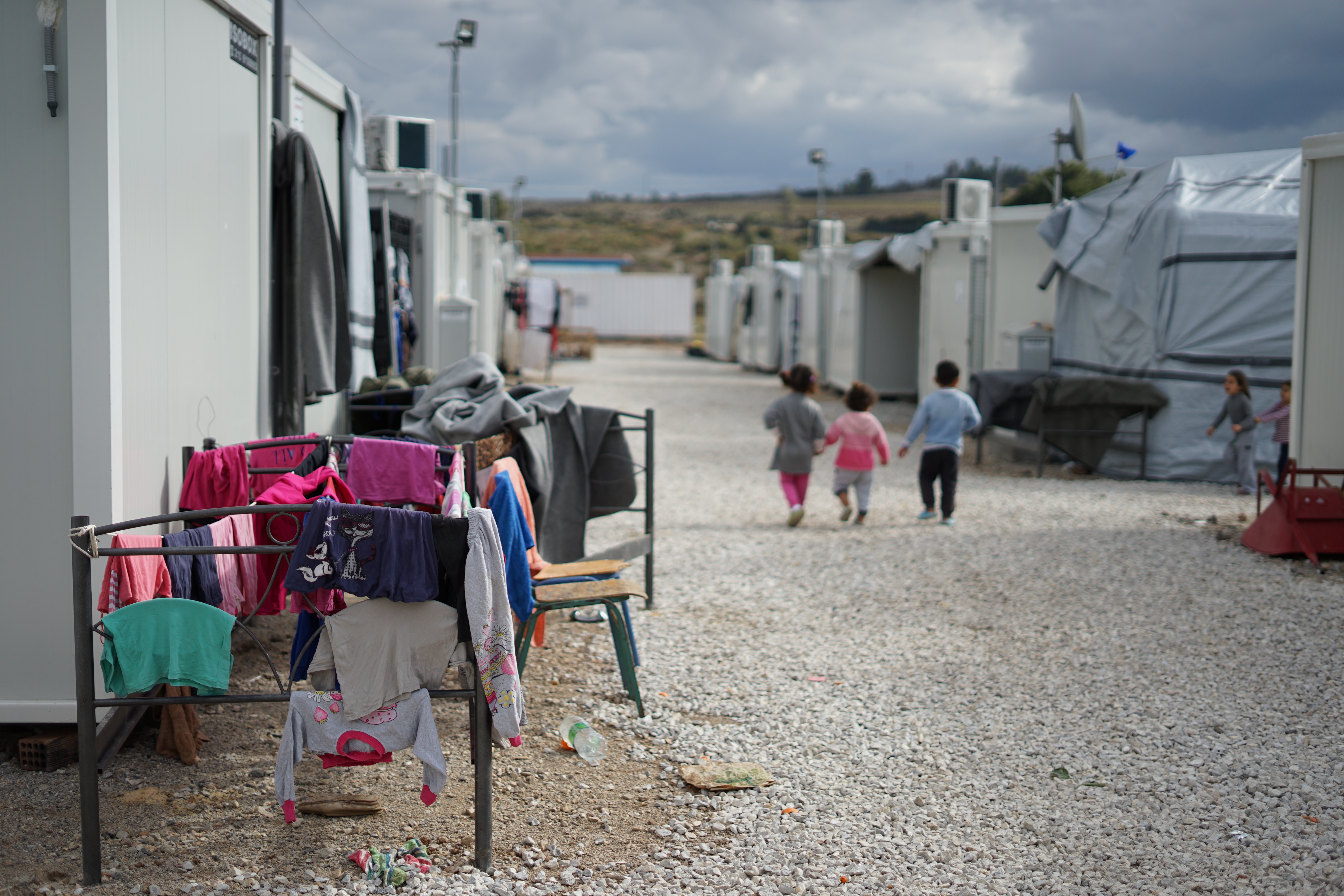Greece was the epicentre of the so-called migration crisis of 2015-2017. With limited experience as a host migration country, and already amidst a decade-long economic crisis, it was ill-equipped to respond to the unprecedented administrative demands and meet the needs of newcomers. Housing was amongst the most pertinent of such needs, but neither the existing policy framework nor the supply of accommodation facilities were fit for the challenge. Faced with difficult choices, those working at the frontlines of service delivery had to effectively decide which migrants were more ‘deserving’ of access to housing and which were less so.
Existing studies have highlighted the role of front-line actors in social service delivery. Always having some room of maneuvre when they interpret policy and put it into practice, their discretionary behaviour is likely to shape policy outcomes. In this vein, the views these actors hold regarding their target population (e.g. ‘migrant boys’) are likely to shape their discretionary behaviour towards this population. Put differently, the clients’ access to social services often depends on the front-line actors’ judgements of the ‘deservingness’ of these clients. In the Greek migration management context, where there was a shortage of housing facilities, the judgements these front-line actors make about their migrant clients were of even greater importance.
Whilst traditionally it was public agencies that delivered public services, in recent decades there is a mix of public, private and third-sector organisations that do so. In this era of ‘mixed services’, the migrants’ ‘deservingness’ for accessing housing facilities is often not directly determined by public sector employees, but by a diverse body of ‘intermediaries’, including NGO employees, volunteers or activists. As research has shown, the discretionary behaviour of such front-line actors is guided by a combination of policy prescriptions and personal preferences; the particular existing policy framework – or lack thereof — circumscribes their room for discretion.
According to EU Directive 2013/33, Member States are obliged to offer ‘adequate’ reception conditions to asylum seekers, accounting for the needs of those who are vulnerable (art. 22) and considering the factors of gender and age (art. 18). Without a more precise national law in place yet, and without adequate recourses, front-line actors in Athens used the vague notion of vulnerability as their compass while prioritising certain migrants’ access to housing over others’:
“This lack of [housing] structures is making you think and to prioritise things yourself. I mean, if a single man comes to me, […] and he is a single man alone, without any vulnerability, I will not even do the process. I will file the application for housing as he asks me, but I know there is nowhere I can base my case to fight for him. I try to fight for those who have some vulnerability”. (Social Worker, Municipality of Athens)
As this quote illustrates, the practical interpretation of the notion of ‘vulnerability’ depended heavily on migrants’ gender or, more precisely, on front-line actors’ individual understandings of the gender of migrants. In simple terms, scoring low on perceived vulnerability, single migrant men were the last ones to receive access to housing. Accordingly, they were also the first ones to be expelled, in case they misbehaved.
“It depends on what the vulnerability of each asylum seeker is. If it is a woman alone with kids, you are not going to kick her out. Even if she has been fighting with her flatmate, you will find a way, transfer them to another flat, etc. But, if it is a single man, who has taken out a knife, and has hurt one of his flatmates, maybe it is easier to tell him that he has to get out. And he knows this behaviour is not allowed. He has signed a specific contract that bans that”. (Caseworker, local NGO)
While in principle migrant women, and particularly single migrant mothers, are undoubtedly more likely to be vulnerable, a dichotomous distinction between ‘vulnerable women’ and ‘invulnerable men’ can be rather problematic, especially when adding age into the equation. In practice, street-level actors in Athens often overlooked the vulnerability of migrant teenage boys, seeing them as ‘men responsible for their actions’, as opposed to ‘minors in need of support’.
“There is a 15-year-old minor boy living [at this squat]… He was living after UNHCR, a partner facility for unaccompanied minors. He burned that place down… So, he was sent to live with us… He is a very good boy. But he has been dealing drugs from a very young age… There are quite a lot of [activists] who are not sympathetic... Other squats would kick this boy out for dealing drugs, [but] we are more patient… I don’t see how it’s gonna benefit him at all by kicking him out onto the streets…” (Activist, Housing Squat)
Overall, the observations here echo the findings of previous scholarly work, where non-Western women are seen and treated as passive, innocent and in need of saving whereas migrant men are portrayed as invulnerable, if not as criminal, even when minors. They also show how gender stereotypes permeate the implementation of policy, particularly in times of high uncertainty. An intersectional lens would therefore be helpful to better understand the policy process and, more importantly, to achieve the protection of those de facto most vulnerable.
*This blog, originally published on the Social Policy and Society Blog (2 August 2021), is based on an article in Social Policy and Society by Katerina Glyniadaki. Click here to access the article.
Note: This article gives the views of the author, not the position of Greece@LSE, the Hellenic Observatory or the London School of Economics.






